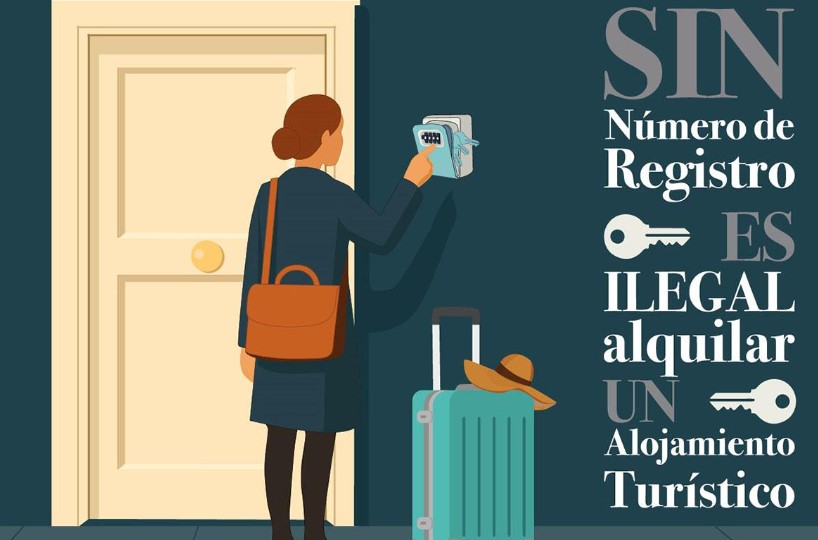Starting Tuesday, July 1, 2025, a significant change for tourist and seasonal rentals becomes mandatory in Spain: the registration in the unified register of tourist and seasonal rental contracts. This new system, based on Royal Decree 1312/2024 and EU Regulation 2024/1028, aims to increase market transparency and curb fraud. This development will significantly affect both property owners and online platforms, with far-reaching implications for tourism in Spain.
What the New Registration Means: A Transparent Market for Holiday Accommodation
The need for this measure arises from Regulation (EU) 2024/1028 of the European Parliament and of the Council, which establishes a framework for short-term furnished apartment rentals in Member States. The goal is to address the “complex scenario” of the housing situation by implementing mechanisms that “curb fraudulent cases” and consolidate a “transparent” market, as emphasized by the Ministry of Housing and Urban Agenda.
To apply for a registration number from the College of Registrars, specific documents are required: the cadastral certificate, the exact address of the accommodation, the rental model (entire property or room), the maximum number of people allowed to use the property, and proof of compliance with regional requirements. Once the registration application is submitted and validated, owners of these accommodations will receive an identification number that they must publish on all online platforms where their rental services are advertised. This ensures the official publication and traceability of every rental.
Flood of Applications and Regional Hotspots: The Initial Figures
The response to the new registration has been enormous. By June 27, 90,046 applications had already been approved by the Association of Registrars, representing 83.65% of the processed cases. In total, 199,686 applications have been submitted across Spain since January 2. The majority of applications (156,938) are for tourist rentals, with a clear concentration in popular holiday regions: Málaga, Gran Canaria, Alicante, the Balearic Islands, and Barcelona. This highlights the relevance of the new regulation for the country’s main tourist destinations.
It has also been clarified that this unique registration number can still be applied for after July 1, provided that applicants have the necessary licenses or responsible declarations from the Autonomous Communities or city councils.
Obligations for Online Platforms and Criticism from the Industry
In addition to property owners, online platforms for short-term rentals are also affected by the new regulation. They are required to submit detailed data monthly to the digital one-stop shop. This includes activity data per unit, the registration number, the specific address, and the URLs of advertisements. Smaller platforms and micro-platforms are given a quarterly deadline for data submission.
Despite its clear objectives, the new regulation has also drawn criticism. Autonomous Communities governed by the Popular Party (PP) complain about “chaos” and “uncertainty” and have called for an urgent sectoral tourism conference. They criticize the “improvisation” and “haste” of the implementation in the middle of peak season, as well as “significant gaps in the criteria to be applied.”
The Spanish Federation of Associations of Tourist Apartments and Dwellings (Fevitur) has also expressed concerns. It warns that up to 70% of the current supply could be excluded, leading to significant economic losses estimated at 13,737 million euros between July and December. Fevitur also views the new regulation as an interference with the tourism powers delegated to the Autonomous Communities, as they already have their own tourist registers. It is feared that the new system is perceived as a “centralizing instrument” that duplicates existing structures and unnecessarily complicates the system, rather than complementing and improving them.




